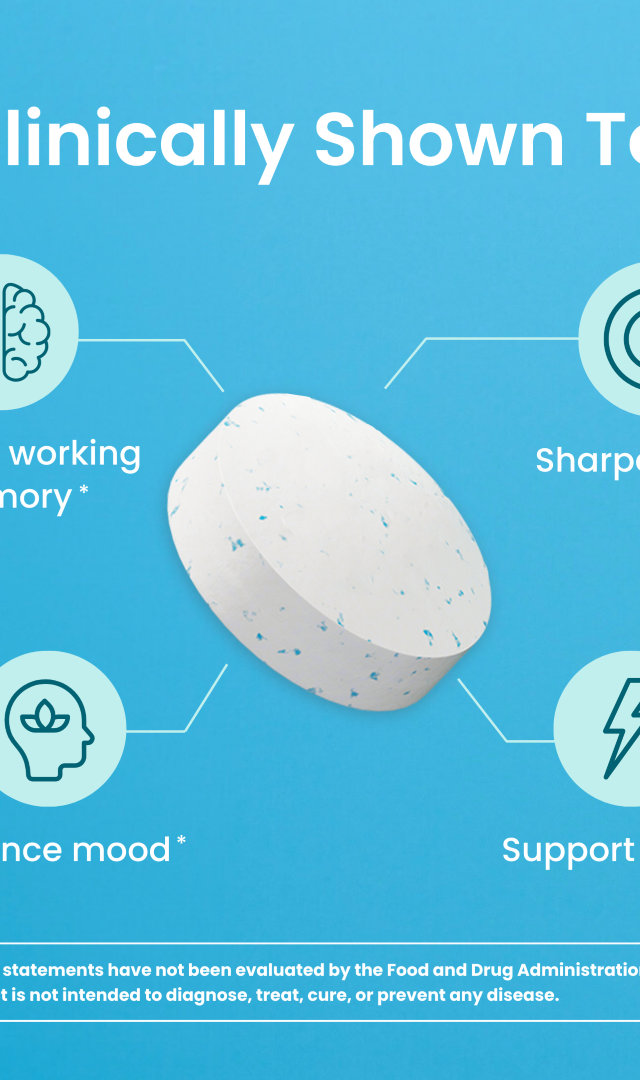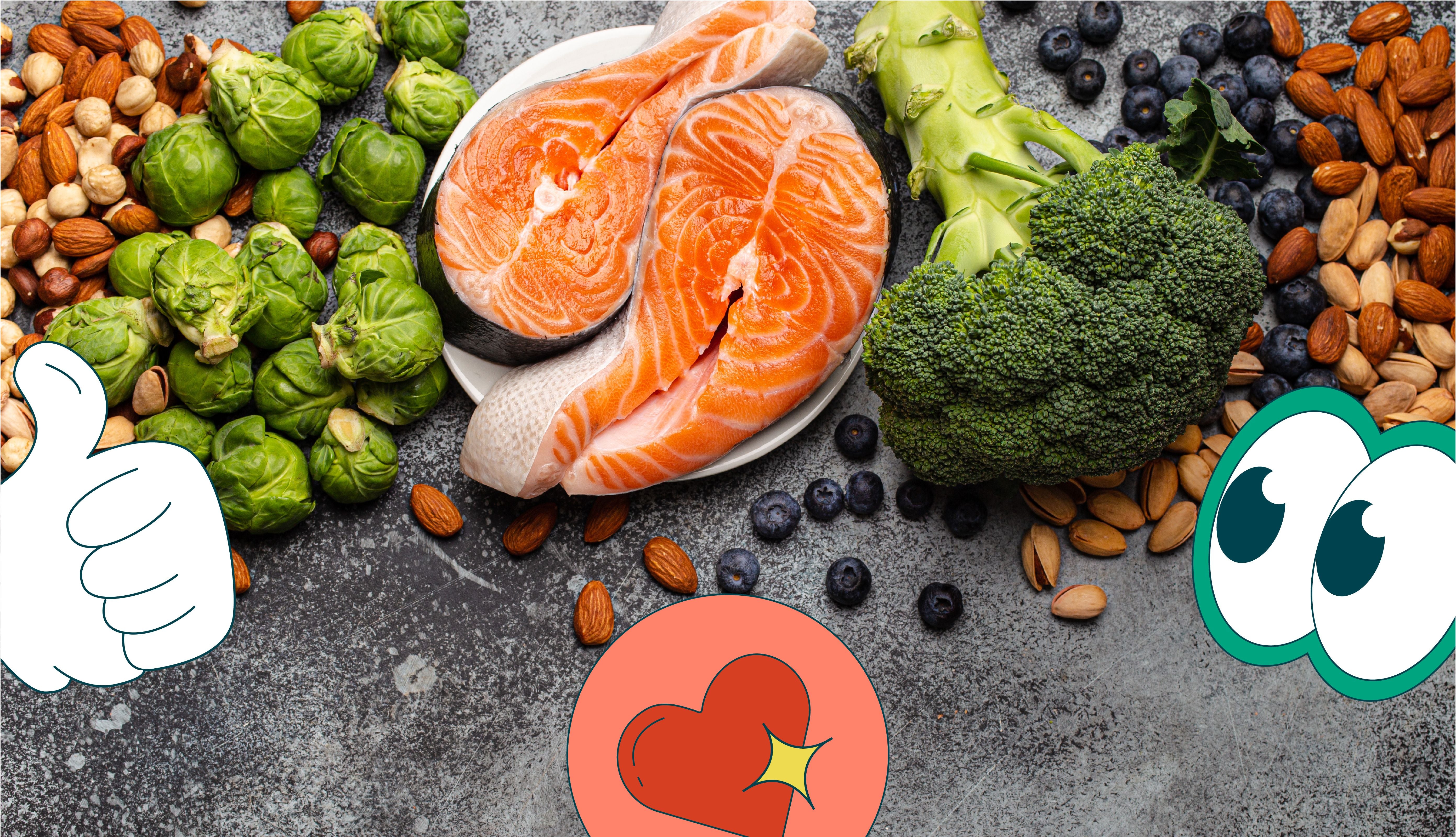Some foods and drinks are not just good for your body, but even better for the brain. While the popularity of nootropics, such as Neuro, is rapidly growing, few people still rely on their traditional sources of brain enhancers.
But in case you didn’t know, here are some food items to munch on to boost your brain’s performance:
Nuts
The number one on the list is no surprise to everybody. Nuts contain healthy fats and oils, apart from its antioxidant and vitamin E components, which benefits both the brain and the heart. The fats and oils present in those nuts are needed by the brain to function properly.
Walnuts, specifically, are one of the best brain foods as they contain a good amount of omega-3 fatty acids—and recent studies have shown the effects of these to improve cognition, sharpen memory, slow mental degradation, and prevent Alzheimer’s.
According to this research from UCLA, walnuts have improved cognitive test scores, including memory, concentration and information-processing.
Better bulk up on those trail mixes—but remember, in moderation.
Fatty fish
Apart from nuts, fish such as trout, salmon, and sardines are also packed with omega-3 fatty acids essential in the production of brain and nerve cells. Running low on omega-3 may lead to different mental health issues such as learning problems and depression.
Therefore, including fish that are abundant in omega-3 fatty acids, healthy unsaturated fats in your diet at least twice a week can do wonders.
Whole grains
Protecting and preserving healthy cells can be as easy as a bowl of whole grains. Whether in the forms of bread, pasta, barley, brown rice, cereals, or even oatmeal, intake of whole grains will suffice you with a good amount of Vitamin E that preserves brain function and hinders neurodegeneration.
In addition, whole grains can also promote good blood flow to your organs, including the brain, to reduce the risk of heart disease which also includes the brain.
Due to being complex carbohydrates, whole grains break down slower in your body too. During this process, the sugars are being processed gradually in your body—allowing its functions, such as brain activities, to work smoothly and efficiently.
Chocolate
This NCBI study shows that chocolate is not just a sinful treat, but is also oozing with benefits for the brain.
Take dark chocolate for instance. It contains cacao which has an antioxidant called flavonoids. And antioxidants are very much vital for your brain health as it is very much prone to stress, which contributes to cognitive degradation and other brain deficiencies.
Still referencing the same study, cocoa beans are known to have amounts of caffeine as well, a psychostimulant. Meaning, eating dark chocolate can trigger neuron and blood vessel growth in some parts of the brain especially involved in memory and learning.
Dark chocolate also contains iron that protects neurons and affects your emotional behavior.
Among its many other stark characteristics, a survey revealed that there is a positive impact on the mental health of adults who consume dark chocolate. It is stated that people who regularly indulge in it reduce the risk of developing depression by 70%.
Berries
Same as with dark chocolate, berries have flavonoids. This chemical is what gives the berries their brilliant hue.
In fact, in a study done by researchers at Harvard's Brigham and Women's Hospital, they found that women who consumed two or more servings of strawberries and blueberries each week delayed memory decline by up to two and a half years.
Tea and coffee
Tea and coffee both contain caffeine. As previously mentioned, caffeine boosts brain function and improves alertness, plus it is an antioxidant too.
The amino acid L-theanine in green tea can also cross the blood-brain barrier and increase neurotransmitter activity.
In a study published by The Journal of Nutrition, participants with higher caffeine consumption scored better on tests of mental function attesting its correlation with cognition. Thus, caffeine in your morning cup of coffee or tea might offer more than just a short-term concentration boost.
Maybe it is then time to upgrade your food cravings to these brain-boosting ones, yes?





















